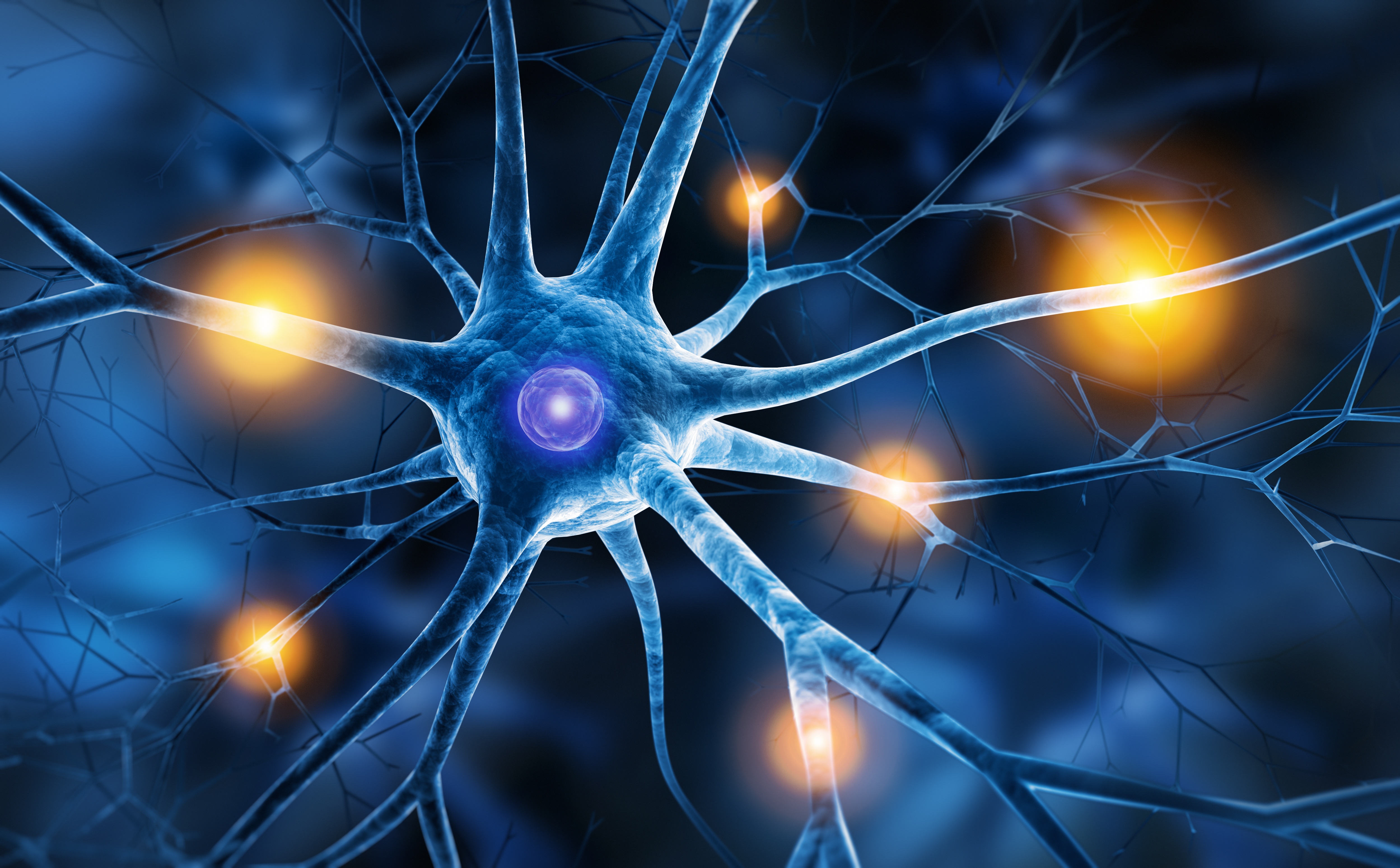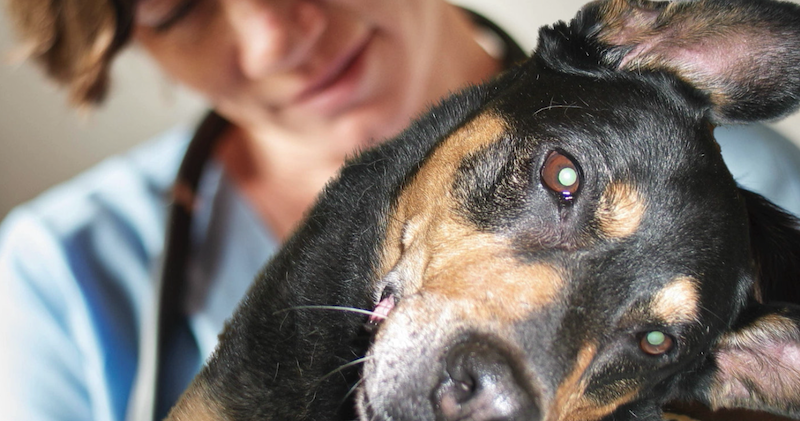Neuropathic pain is a common problem in humans and a major cause of depression in affected patients. This type of pain is unique in that it can come and go and vary in type and intensity. Neuropathic pain is likely extremely prevalent in our pet population as well, but under-recognized because they cannot communicate or express that they are in pain. Clinicians need to be looking for clues.
In this segment Dr. Rebecca Windsor explains neuropathic pain including potential causes, mechanisms that lead to persistent pain, and therapies that target these various mechanisms. Her discussion includes a variety of case-based examples to highlight medical management, indications for surgical intervention, and adjunctive therapies to consider for managing veterinary patients.
Running time: 55 mins
Approved for 1 hour of CE credit by AAVSB RACE and NY State
You might also like
Practical Neurology Pearls: The Now And Later Complications Of Traumatic Brain Injury In Dogs And Cats
12/12/2023
In this segment Dr. Rebecca Windsor discusses head trauma and traumatic brain injuries in dogs and c...
Read
More
Practical Neurology Pearls: Intervertebral Disc Disease And Epidural Hemorrhage (it's Evil Friend)
09/20/2023
Intervertebral disc disease is one of the most common diseases to affect dogs and is the most common...
Read
More
Practical Neurology Pearls - Immune Mediated Neuroinflammatory Diseases
08/16/2023
Immune-mediated inflammatory diseases are very common in dogs and less commonly seen in cats. Manife...
Read
More
Practical Neurology Pearls: Pug Dog Encephalitis - Understanding Necrotizing Meningoencephalitis
06/20/2023
In this segment Dr. Rebecca Windsor discusses our current understanding of necrotizing meningoenceph...
Read
More
Practical Neurology Pearls: Vestibular Disease - When The World Is Spinning
04/25/2023
Vestibular disease is a common diagnosis in dogs and cats, however lesion localization can be confus...
Read
More
Practical Neurology Pearls: The Trials And Tribulations Of Feline Neurology
03/28/2023
Assessing veterinary patients for possible neurologic disorders can be intimidating for some clinici...
Read
More









